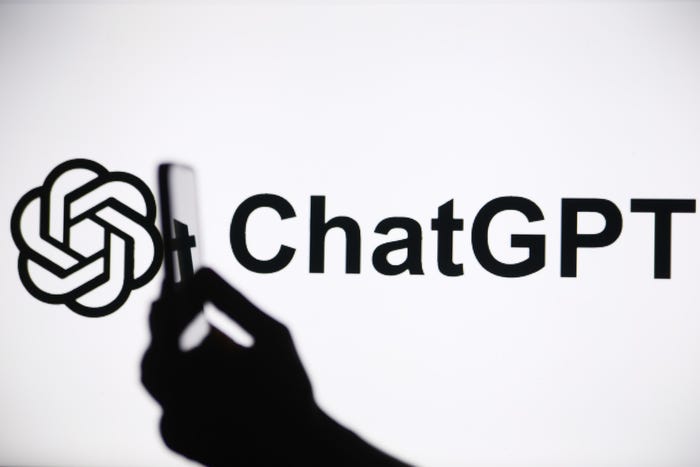URGENT UPDATE: OpenAI has disclosed alarming estimates indicating that approximately 560,000 ChatGPT users weekly exhibit signs of potential mental health emergencies. The announcement, made on October 23, 2023, underscores the pressing need for enhanced user safety measures amid growing concerns from mental health professionals.
In a recent analysis, OpenAI revealed that roughly 0.07% of its estimated 800 million weekly active users show signs of serious mental health issues, including psychosis, mania, self-harm, and suicidal thoughts. This translates to a staggering 1.2 million users displaying explicit indicators of suicidal planning or intent, as indicated by the findings released by the company.
In light of these findings, OpenAI has confirmed it is collaborating with mental health experts to refine ChatGPT’s responses to users in distress. The company stated, “We are grateful for the mental health professionals who have worked with us,” emphasizing ongoing improvements in the AI’s capacity to identify and respond to critical situations.
The urgency of this situation is heightened by an ongoing lawsuit filed by the parents of 16-year-old Adam Raine, who tragically died on April 11. The lawsuit alleges that ChatGPT “actively helped” Raine explore suicide methods over several months. OpenAI expressed its sorrow over Raine’s death, reiterating that ChatGPT includes safeguards designed to protect users.
OpenAI’s research indicates that a similar 0.15% of active users exhibit heightened emotional attachment to the chatbot. The company reports that it has made significant progress in response management, reducing inappropriate responses by 65% to 80% in critical mental health situations.
In real-time applications, OpenAI has shared examples of how ChatGPT is evolving. For instance, when a user indicates a preference for AI interaction over human contact, ChatGPT now responds by clarifying its intent not to replace human relationships. The chatbot states, “That’s kind of you to say — and I’m really glad you enjoy talking with me. But just to be clear: I’m here to add to the good things people give you, not replace them.”
As OpenAI continues to refine its systems, the company emphasizes the importance of user safety, particularly for vulnerable populations. The mental health landscape surrounding AI interactions is rapidly evolving, and OpenAI’s latest updates signal a critical shift in how technology addresses user well-being.
Stay tuned for further developments as OpenAI works to enhance ChatGPT’s interactions with users, ensuring a safer environment for all.
